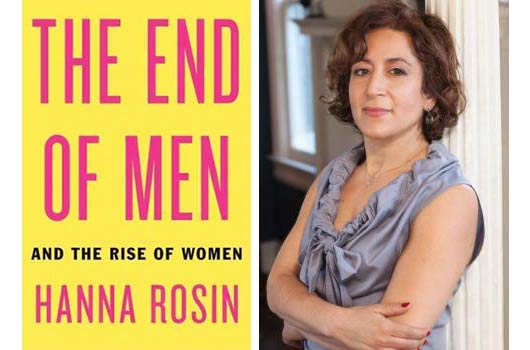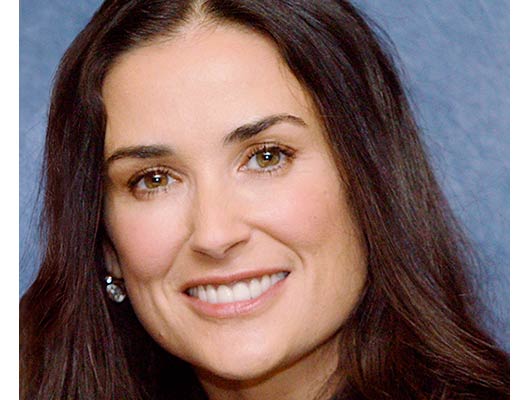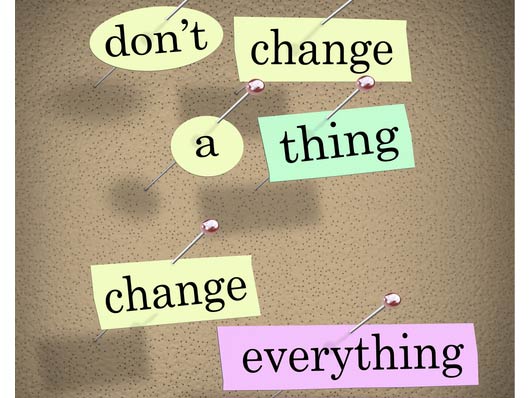
I am not a mother. But as my own mom slips inexorably into the oblivion that is Alzheimer’s Dementia the opportunities are rife for me to consider motherhood from the perspective of daughter. Through my blog about caring for my mother, I’ve connected with other daughters of mothers with dementia. And I’m finding that no matter how many years pass, and no matter how frayed or strong the tie, there is something about the mother-daughter relationship that is mysterious and spiritual. From the moment we leave the warm darkness of the womb for the brilliant chaos of the world, we are tethered to her in a way that defies explanation and—for better or worse—shapes the rest of our lives. It is this mystery that has me writing about my experiences as daughter, trying to make sense of this mother-daughter tie.
Several years ago, one of my tías lay dying in a Juárez hospital, her body ravaged by cancer. Despite being a mother and grandmother herself, it was her own mother for whom she cried in pain, “Ay, mamá. Ay, mamá.” When one of my primas shared this story with me, I marveled at the power of this first love, so primal and absolute that even as we approach the end, we reach back across the years seeking its remembered comfort. Now, it’s as if my tía’s cries continue to echo on my own journey.
Read Related: The History in Her Skin; My Mother
Because isn’t that what I’m doing these days? In my effort to collect memories about my mother, in my compulsive documentation of every moment of the care-giving journey, am I not crying out for her, as well? I hoard the smallest things. Such as the conversation I had a few weeks ago with another prima who helps care for my mom. My cousin found Mom talking to the photo of me as a toddler. “You’re a pretty girl,” my mom was saying. “I don’t remember your name, but you’re a pretty girl.” What did this mean? Did she actually remember me? Or was this simply a maternal reflex, a shadowy memory of motherhood that, while incomplete, nonetheless brought her joy? I didn’t care; I added the moment to my cache of memories.
Nothing, though, has given me more insight about the mother-daughter relationship than the day my sister ran a marathon two years ago. My mother’s sense of appropriate public behavior was already blurred and among the things that drove me nuts was a habit she’d developed of shouting at every runner she saw. “Corrale, corrale, corrale!” she’d cry with unbridled glee. But a marathon, now wouldn’t that be the perfect place to let her shout at runners with abandon? So after conferring with my sister about the best place to catch a glimpse of her, I drove my mother to Mile 18 where I parked the car and waited with other spectators, camera in hand.
“Corrale, corrale, corrale!” my mother hollered at each passing runner, waving a fist in the air. Most of them waved or smiled at her, and one man blew her a kiss and shouted, “Gracias, mamacita!” which made her giggle.
After my sister ran by, shouting “Hi, Mom!” and our mom shouting back, “Corrale, corrale, corrale,” we went back home for breakfast. Much as I yearned to be at the finish line, the crowds were no place for a person with dementia
When my sister called later to say she’d finished, she told me her approach to Mile 18 was one of the hardest stretches of the day. She needed to get to Mile 18, she said. There was something about knowing that “I would see you and Mom there and she would be shouting ”Corrale, corrale, corrale,” that would make it easier to finish the run.”
I choked up because there it was again, that uniquely human need for a mother, whether she is sick, incapacitated, or even deceased. In this instance, even a mother who has Alzheimer’s and can no longer understand the need to challenge your physical limits and by tomorrow will have forgotten that she shouted at you along Mile 18—even that mother is such a necessary part of your life that she can spur you to finish what you started.
I am no closer to making sense of this tether. I witness its power in my life and the lives of other women. But when I reach for words to explain it, they elude me. Still, I log the memories and treasure the love they hold. It bolsters me as the journey with my mother gets more difficult. And for now, maybe that is all I need to understand.











